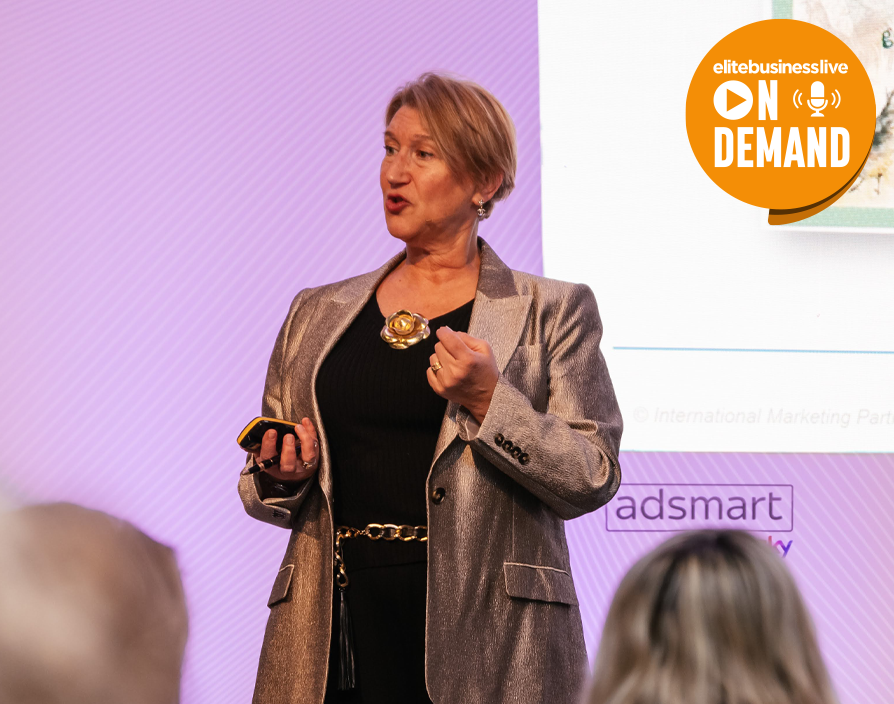Growing a business internationally can be a challenging feat. However, if executed correctly, it can reap great benefits. Taking your company into foreign markets will allow you to gain access to a much larger customer base and grow your brand visibility. Allyson Stewart-Allen, Chief Executive of International Marketing Partners took to the stage at Elite Business Live 2024 to speak about the dos and don’ts of expanding your business across the border as well as how to navigate the challenges that come with international expansion.
Businesses looking to move their operations abroad should be aware of cultural differences in the country they are choosing to expand to. The difference between a successful and unsuccessful international expansion ultimately hinges on due diligence. It is important that you research the cultural norms and localisation in your country of choice, Allyson said. “An example of getting local is McDonald’s, believe it or not,” she told the audience. “In the Middle East, they have a sandwich called the McArabia. In India, they have a sandwich called the McKorma. In France, they offer macarons. In Southern California, my home originally, they have Mexican items on the menu so you can get tacos and nachos and other things that you wouldn’t think McDonald’s would do. They still offer the core menu that we all know, Big Macs, fries and shakes for example, but they also offer things that are local and specific to the countries where they are.”
Having a well-thought-out plan along with cultural awareness is crucial for avoiding expensive reputational mistakes and achieving success in global markets. Allyson touched on an example with Microsoft, where a lack of cultural awareness in a foreign market caused an expensive reputational mistake. An incident happened with an advertisement in the US. The same advert was broadcast to Poland with a change in the ethnicity of one of the men in the advert. However, there was an editing error where the colour of the man’s hand didn’t match his face. This backfired and cost the firm a lot of money. “For the Polish market Microsoft thought, well, this is localisation,” Allyson said. “And what you may not be able to see clearly because it’s somewhat small, but the hand of the gentleman in the middle is not as white as his face. Sloppy, and it backfires. And we think Microsoft doesn’t care enough about the Polish market, or they would have taken the time to edit the picture properly. So, these are expensive reputational mistakes that companies like us and you today can’t afford to make.”
Firms often don’t allow enough time for sufficient market research before they make their move abroad. Companies should invest energy and money into surveys and site visits well ahead of expanding to a new country, Allyson explained. Also, it is important to set realistic targets when expanding abroad as success doesn’t come overnight. “If you are expanding internationally, you need to do your market research to understand local markets,” she said. “As you internationalise, you absolutely have to pay attention to how long it’s going to take to break even in that market. Do not set unrealistic targets. You’re not going to break even in a year or two years or three years, and realistically it’s more like five years.”
Be open to partnerships. Companies should be open to knowledge and information-sharing with established local firms and bringing people onboard when finding their feet in a new territory. Building a robust supply chain, with vendors already operating in the market can make for a smoother transition. “If you’re the sole advocate of internationalising, it won’t work,” Allyson said. “You have to bring other people with you, and you have to convince others in the business that this is the right thing for your business strategy. You can’t do this for free and you can’t do it inconsistently. It has to be part of your bigger business plan. And last but not least, analysis and research are critically important if you internationalise successfully.”
Share via:








































